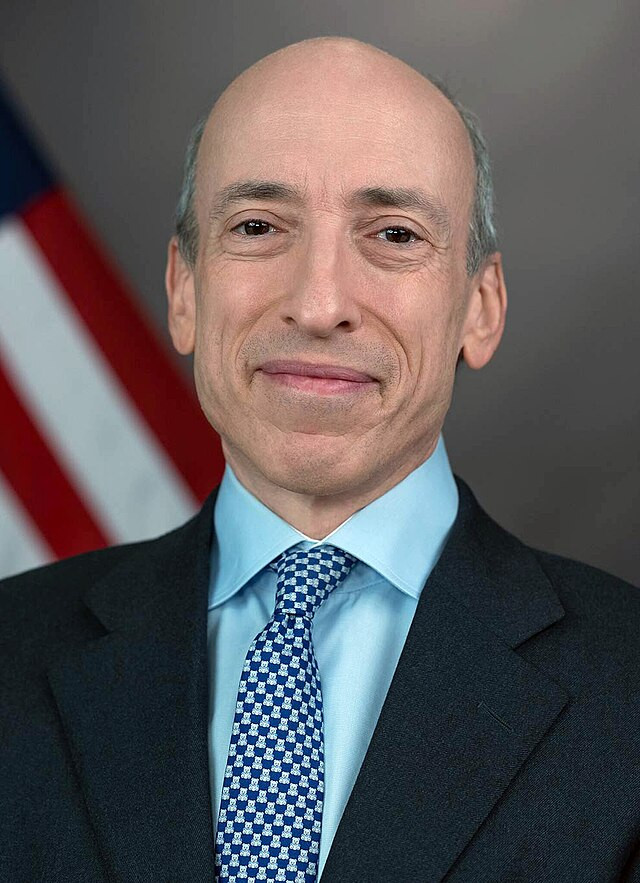Securities and Exchange Commission (SEC) Chair Gary Gensler will resign on January 20, bringing an end to a tenure marked by ambitious and contentious regulatory actions. The announcement, made by the agency on Thursday, clears the way for President-elect Donald Trump to select a replacement who is expected to significantly reshape the agency's priorities.
Gensler, who took office in 2021, spearheaded an aggressive regulatory agenda that included reforms in cryptocurrency oversight, corporate disclosures, and trade settlement times. Despite serving less than his five-year term, his resignation aligns with expectations that the new administration will favor a more market-friendly approach.
"The Securities and Exchange Commission is a remarkable agency," Gensler said in a statement. "The staff and the Commission are deeply mission-driven, focused on protecting investors, facilitating capital formation, and ensuring that the markets work for investors and issuers alike. It has been an honor of a lifetime to serve with them on behalf of everyday Americans and ensure that our capital markets remain the best in the world."
Under Gensler's leadership, the SEC pursued stricter requirements for public companies to disclose risks related to climate change and cybersecurity. He also expedited the settlement time for stock trades to just one day, a move partly driven by the meme-stock trading frenzy in early 2021. While some lauded these efforts as necessary modernizations, others criticized them as overreach.
Gensler's tenure also featured high-profile clashes with cryptocurrency firms and industry leaders. The SEC under Gensler sought to block bitcoin exchange-traded funds (ETFs), a decision overturned by the courts, resulting in billions of dollars flowing into the market. Legal actions against major digital asset companies, including Coinbase, highlighted his resolve to bring crypto under the SEC's regulatory umbrella, though the outcomes of these efforts were mixed.
The SEC's dealings with Tesla CEO Elon Musk added to the drama of Gensler's term. The agency investigated Musk for alleged fraud related to his $44 billion acquisition of Twitter, now known as X, and scrutinized his compliance with an earlier settlement requiring legal review of some of his social media posts about Tesla. Musk, a vocal critic of the SEC, is now closely aligned with Trump and is expected to play a key role in the incoming administration.
Trump has not yet announced his pick to lead the SEC, but expectations are that the new chair will advocate for policies that favor Wall Street and the cryptocurrency industry. This transition offers Trump the chance to reshape the commission, as the terms of two other commissioners are set to expire within the next two years. Presidential appointments to the SEC require Senate confirmation, making the upcoming nomination process a closely watched affair.
Gensler's departure comes at a critical juncture for the financial markets. His push for greater transparency and regulation in areas such as private funds and less-regulated financial sectors earned praise for investor protection but also drew criticism from industry groups and lawmakers who viewed his actions as overly burdensome.
"The staff and the Commission are deeply mission-driven," Gensler reiterated in his statement. "It has been an honor of a lifetime to serve with them on behalf of everyday Americans and ensure that our capital markets remain the best in the world."
As he prepares to leave office at noon on January 20, the SEC faces a period of transition that could dramatically alter its regulatory direction. With Trump's appointee likely to reverse or scale back some of Gensler's initiatives, the next era of the SEC is expected to be one of deregulation and market-focused policies.




